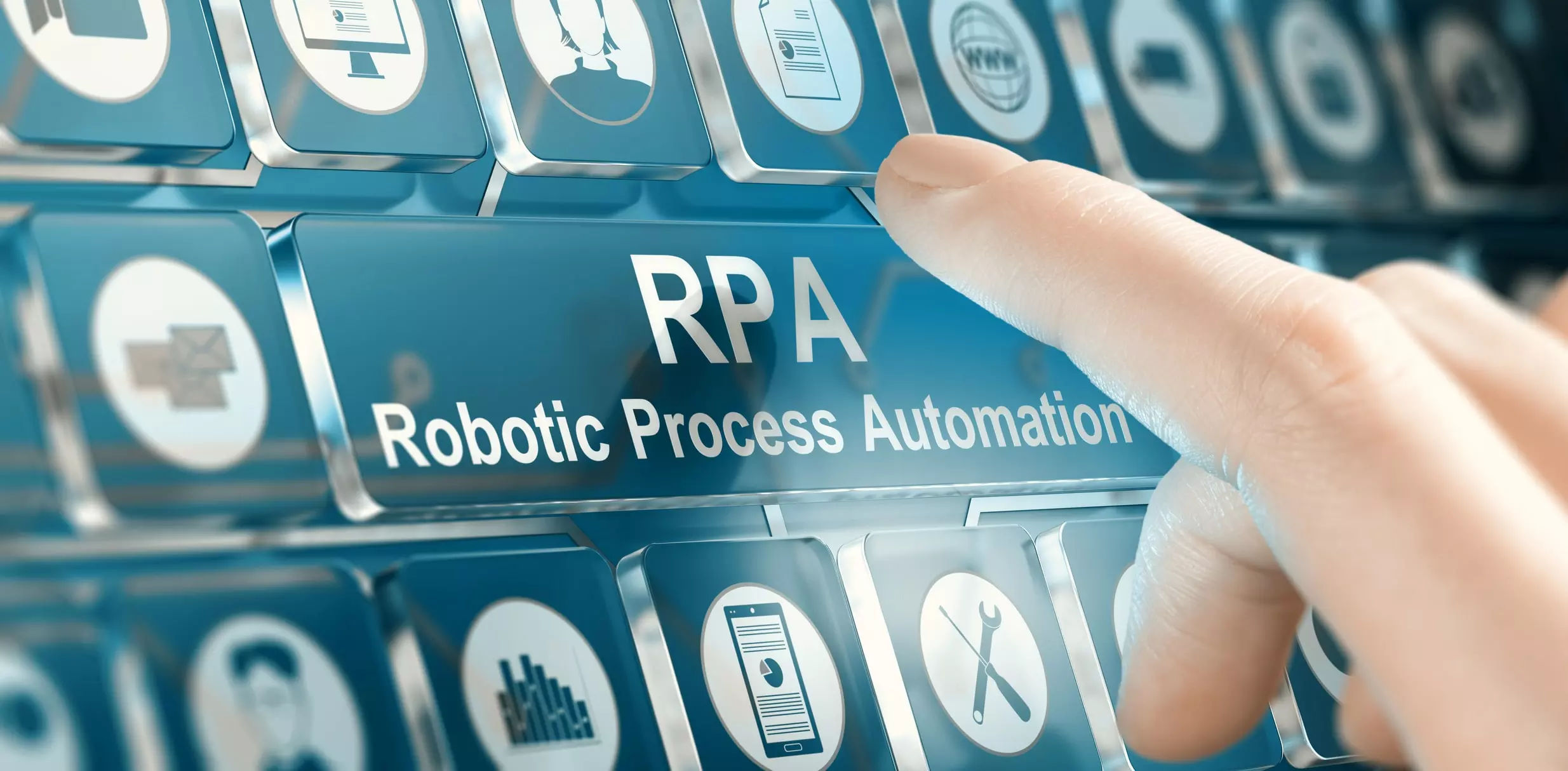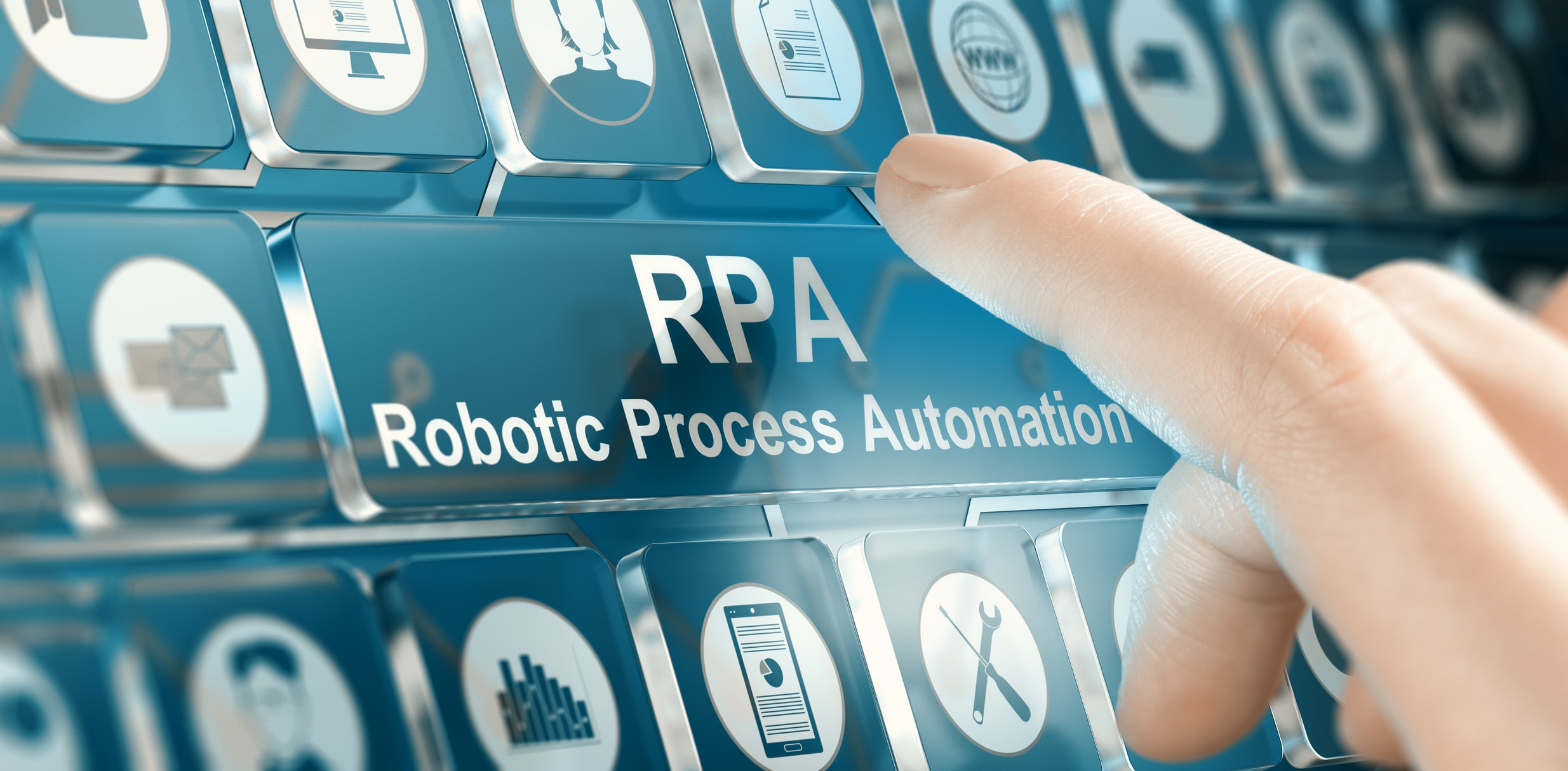Naturally, everybody likes routines. Change may make us feel uncomfortable in multiple ways and we want to keep things familiar.
We fear uncertainty, because we don’t want to lose control. But the role of RPA is to make everyone’s life easier, to reduce the repetitive and dull tasks at work, such as sorting out data and documents, and to enable people, in the same time, to focus on the bigger tasks, that require another type of skills.
In order to evolve and to thrive, the world needs a different set of skills now than in the past. In fact, according to The World Economic Forum, 50% of all employees will need reskilling by 2025, as adoption of technology increases. Among the top 10 skills relevant by 2025 are: analytical thinking and innovation, complex problem-solving, active learning and learning strategies, creativity, resilience and so on.
Moreover, McKinsey specialists consider that we are witnessing an automation revolution that has been accelerated by the COVID-19 pandemic. According to them, jobs and roles will change and the majority of today’s employees will need to develop new skills in order to face new business dimensions. So the future of work will require two types of changes across the workforce: upskilling (gaining new skills to help employees perfom their jobs better), and reskilling (developing necessary abilities for new roles). Thus, RPA implementation is imminent for a lot of companies.
So preparing your employees for these changes is crucial for the bright future of the company – and that’s why RPA Training might be the most important element from the whole process of RPA implementation. The right training will prepare your employees to take on new challenges.
The Importance of Having the Right RPA Partner for the Success of Your Company

CiGen offers a comprehensive range of Robotic Process Automation and Intelligent Automations services, such as:
- RPA Consulting: the success of an automation program will depend on understanding how and where RPA will impact the organization;
- Pilot Program: extension to a Proof of Concept; creating robotic automations for the selected components of the processes in order to prove that key business rules can be successfully automated;
- Licesing: CiGen is an authorised reseller of UiPath’s RPA platform and a UiPath Gold Partner;
- RPA implementations: bringing a proven automation methodology to our implementation projects;
- RPA management and support: shaping and managing your robotic automation program. CiGen offers two management solutions with the flexibility to cut across both as your organisation matures through its automation journey.
- RPA Training: For those just starting out with RPA, CiGen can recommend some valuable – and mostly free – resources to kick-start your learning. We call this Basic Training. CiGen also provides Instructional ‘on-the-job’ Training during a live implementation, particularly where an organisation opts to create their own Centre of Excellence.
Instructional Training is a useful method to build upon the knowledge gained from your Basic Training, whilst also keeping the learning content concise and relevant to your operating environment.
Advanced RPA Training is available on request and covers deeper aspects of process automation methodology, including workflow design, smart building techniques, lessons learnt, Robot usage, process hardening, debugging, useful .NET coding, robot scheduling/management and more.
Planning an Effective RPA Training Strategy

Firstly, it’s very important to make sure that your employees consider RPA as an opportunity to grow, not as a threat to their jobs. And altough it’s true that RPA implementation may replace some repetitive jobs, it creats some more space for employees to show their real potential and to upskill.
Therefore, developing a communication plan is the key to make your employees less resilient on innovation. Tell them about the changes within the company throughout the whole RPA implementation process. Transparent communication is a motivation boost for your employees – they will feel more involved in the company’s fate and so their productivity will increase.
Then, understand everyone’s role in the company, in order to create the right learning plan. For example, UiPath has created an automation competency matrix to evaluate the strengths and the weaknesses of the employees.
As well, make sure you deliver training content in a way that employees can easily understand and apply it in their jobs. UiPath Academy provides a lot of on-demand courses.
You will need to implement a ‘train the trainer’ process within your company: having a group of internal trainers capable of training other people into using RPA is very important in order to ensure that the processes are well understood long afterwards.
Also, you need to check from time to time the way that people from the company have adapted with working alongside software robots and make adjustments when it’s needed.
Conclusion
RPA implementation is not just a process, it is a journey for the future of your company. It’s just not about purchasing the right software and going through the initial execution phase. It’s about the way that companies will plan their strategy regarding the business impact of the technology and how it will change over time.
So RPA implementation shouldn’t be seen as a single tool, but as a platform, meant to enhace the company’s growth potential. Before you start implementation, it may seem like a one-off project, but it’s in fact a journey. Aside from purchasing the software and the initial execution phase, you will face planning for how the technology will unfold within the enterprise, and how it will change over time. Keep in mind that ‘starting big’ equals to not leaving any of the business partners outside the circle of RPA implementation.
But in order to implement RPA successfully, you will need the right RPA Training techniques in your company.
To provide you with insight into how Australian companies are already using RPA, CiGen has asked 2000+ leaders how they implement robotic process automation now and what their future automation plans are. Find out what companies in your industry are doing and how robotic process automation can help you gain a competitive advantage over them, by downloading the whitepaper today.





Leave your comments
Post comment as a guest